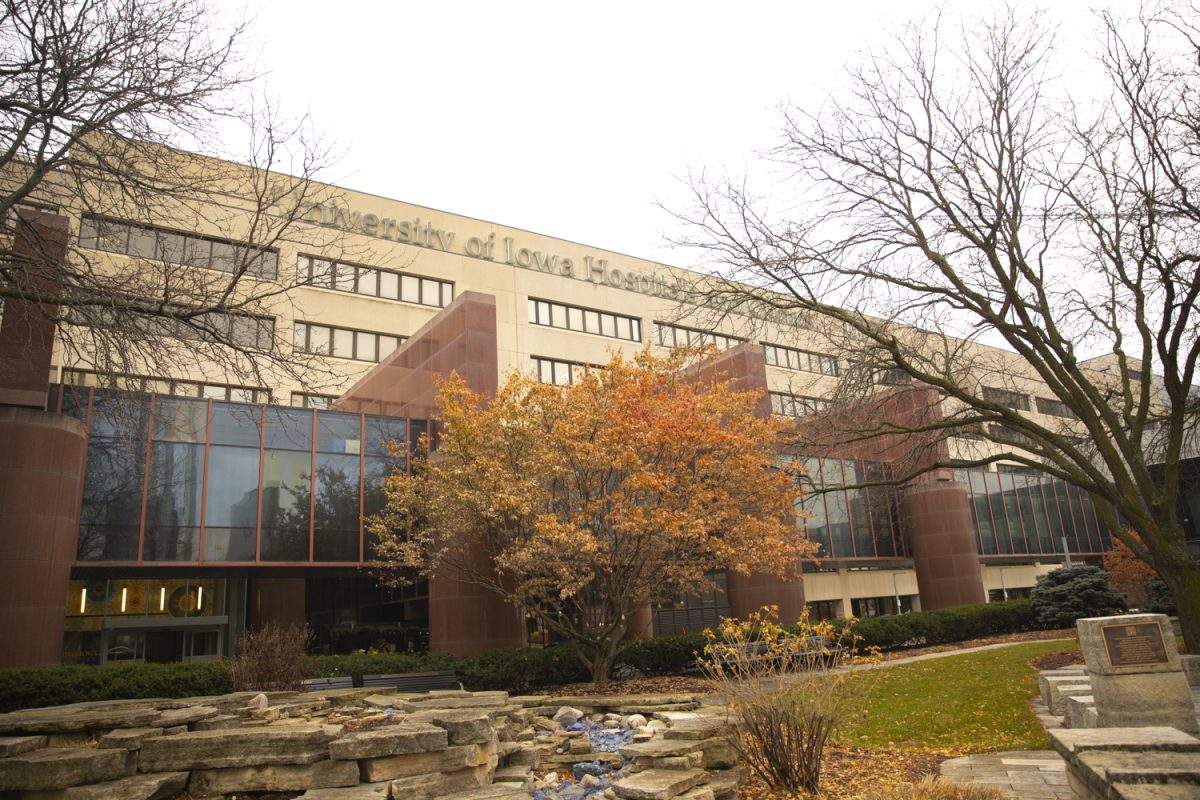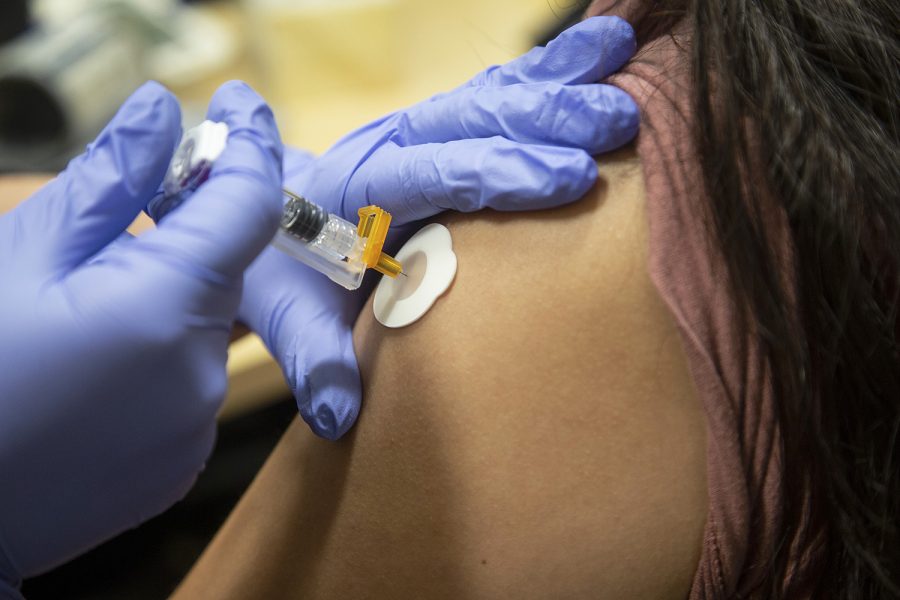By Jenna Larson
The Palliative Care Certificate will be the first offered in the nation at the UI College of Pharmacy, giving students an interdisciplinary experience.
Palliative care is an interdisciplinary approach to caring for and giving comfort to patients with serious illnesses.
“This is this first certificate approved in the College [of Pharmacy] that has gone to the Graduate College and had been signed off by the provost,” said James Ray, a UI clinical associate professor of applied clinical sciences in pharmacy.
The idea for this certificate was to create a specialized body of information on palliative care in pharmacy practice that prepares students to be palliative care generals, Ray said.
“It’s a 17-semester-hour program that would be taken concurrently in the doctor of pharmacy program here,” Ray said.
In these 17 semester hours, there are nine didactic hours, one longitudinal hour, and six advanced practice hours, he said.
“Most pharmacy schools don’t have a lot of palliative-care content in their curriculum, and before we came, I bet a pharmacy student would not know what palliative care was,” said Kashelle Lockman, a UI clinical assistant professor of palliative care.
Taking palliative courses will give students an advantage clinically, making them better prepared to take care of their patients, she said.
“A lot of our students want to go on and do residencies, so having this different perspective will make them more competitive,” Lockman said.
If students want to specialize in palliative care, she said, they will be at a more advanced level compared with others.
“Our students, with the tuition they pay here, are getting increased value because they don’t need to do those programs when they graduate because we are training them here,” Lockman said.
The interest level is high, she said, because the electives are open to any student, with the exception of the longitudinal course, which would set students getting the certificate apart.
“Palliative care is one of the most interdisciplinary areas of medicine, and it has always traditionally been that way,” Lockman said.
Students in the palliative pathway are exposed to the whole-person interdisciplinary approach to care, she said, which is going to make them better prepared to be health-care providers in the future.
“It’s a first of a kind in the nation, and we are very proud of that, and it’s really important that we get out in front and help to educate and train individuals,” said pharmacy-school Dean Donald Letendre.
One of the biggest shortcomings in the hospice and palliative-care arena is a lack of adequate education, he said.
“Our hope is [that] every student in the College of Pharmacy would be eligible to pursue a palliative-care certificate,” he said. “And then our hope is to broaden that out so that it becomes truly trans-disciplinary.”







